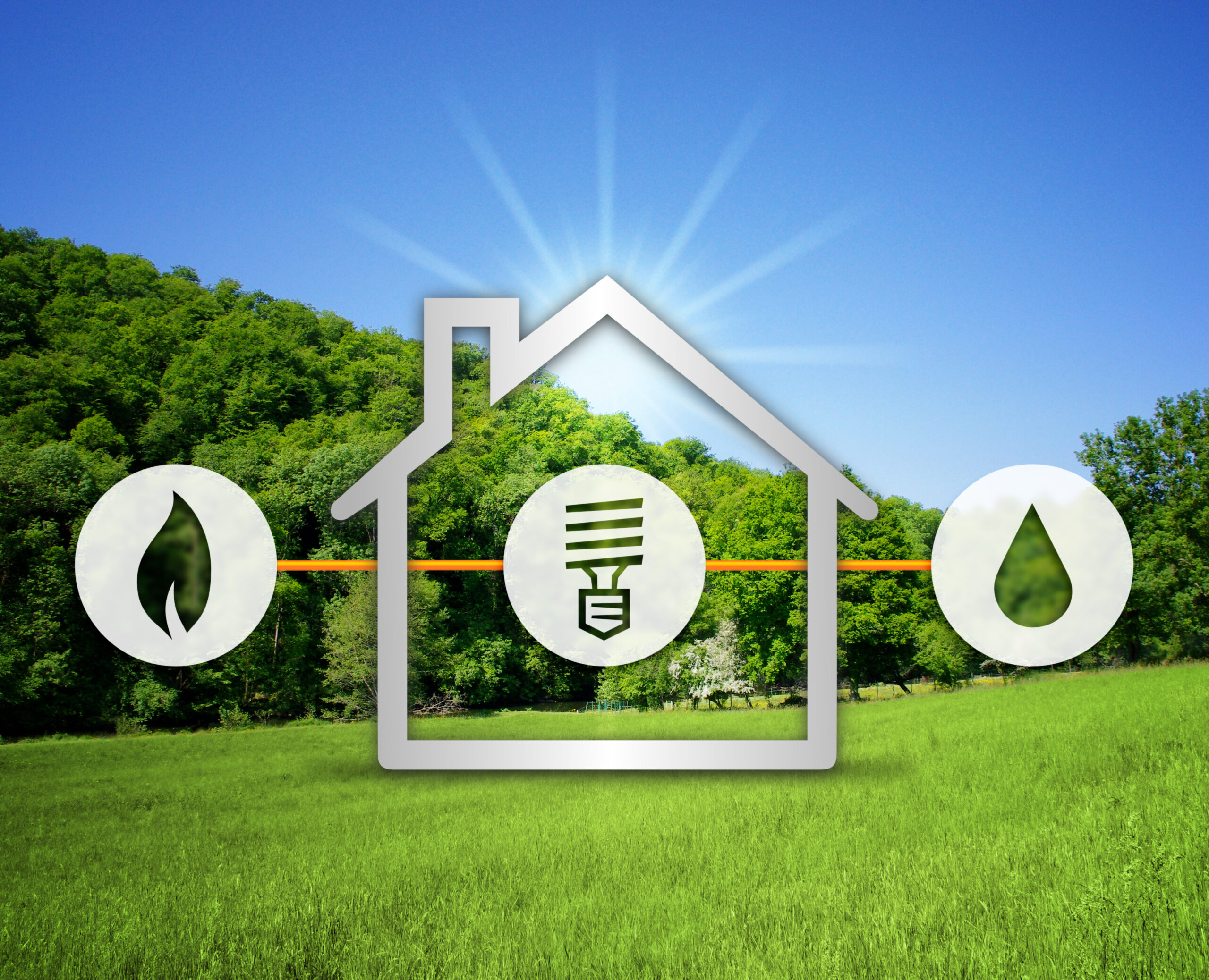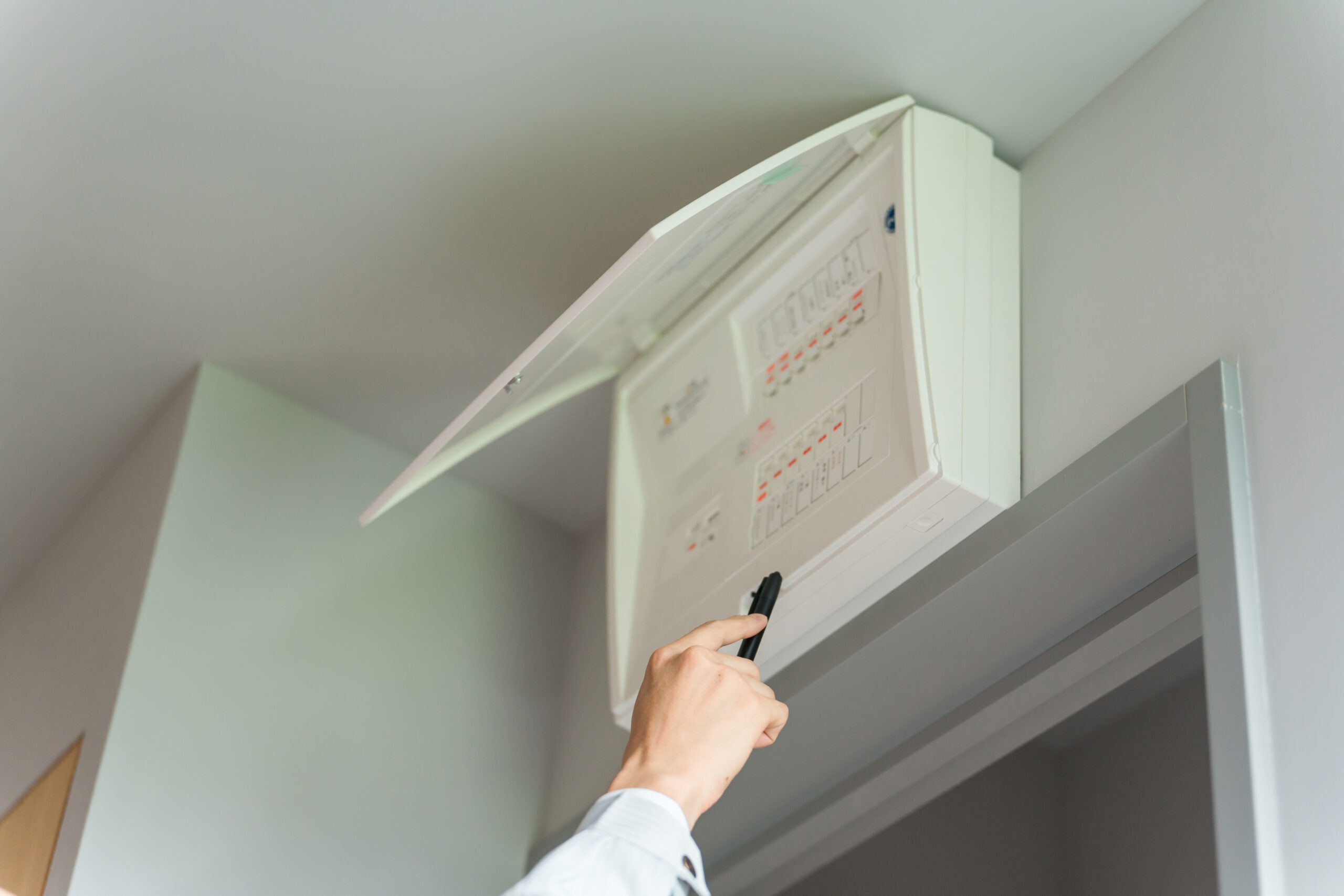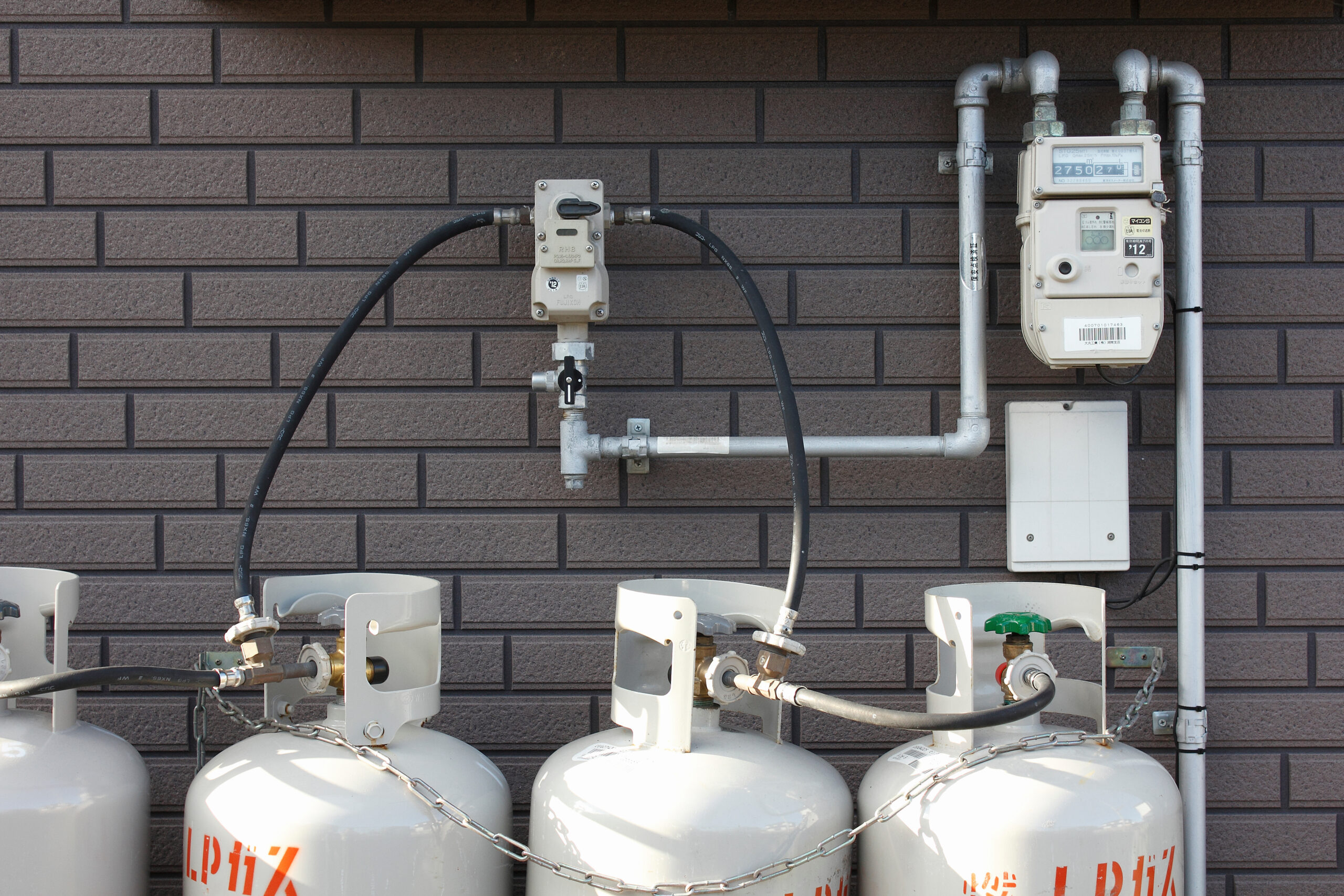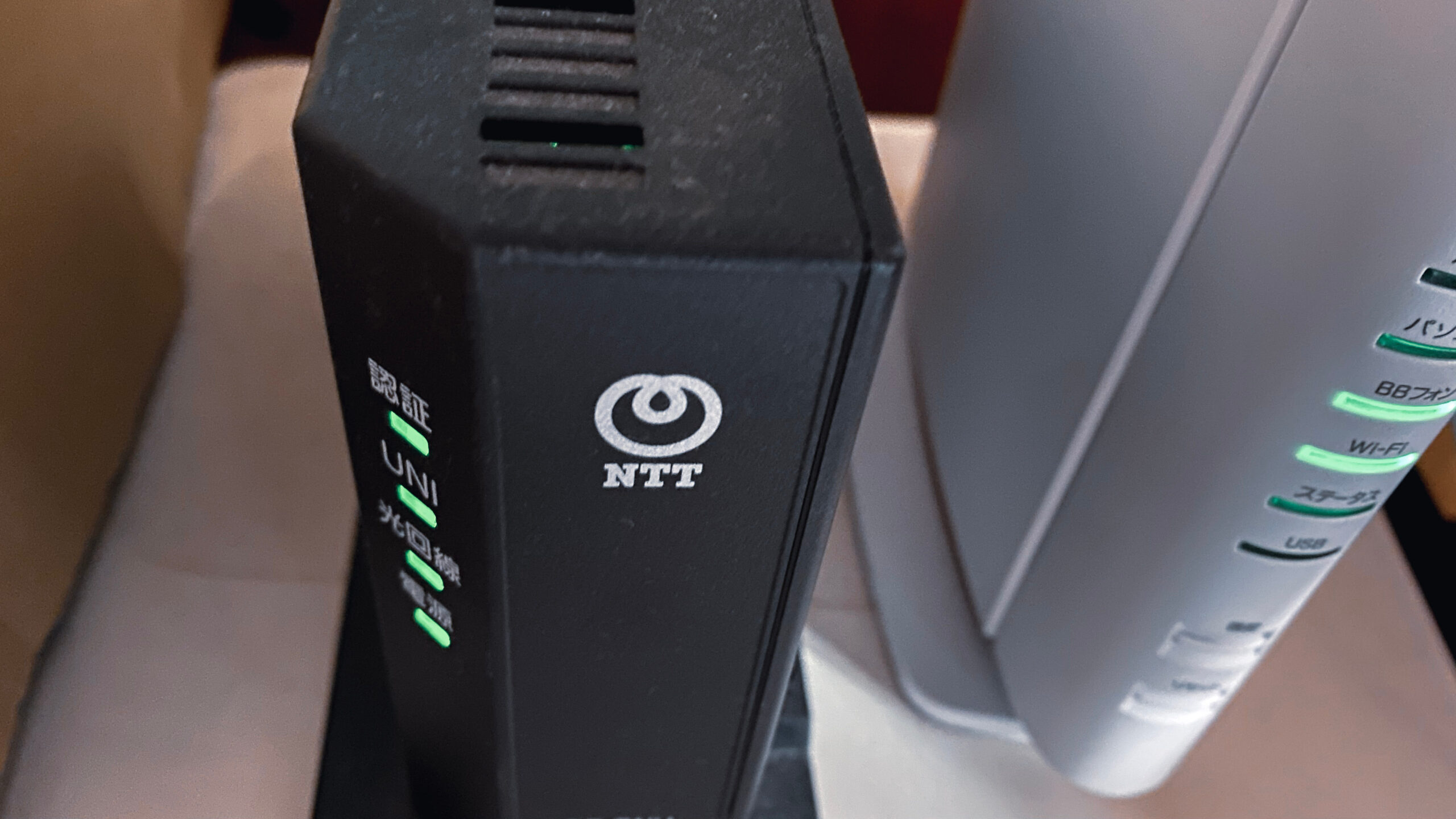Moving to Japan? Comprehensive Utility Setup Guide for Your New Apartment

Many individuals, whether moving within Japan or arriving from abroad, often ask, “What is the process for setting up utilities in a new Japanese apartment? Which internet services should I consider?” You might find yourself wondering the same. While setting up utilities and securing internet services in Japan can seem overwhelming, especially with language differences and various providers, it’s manageable with the right information and steps.
In this article, we will provide a comprehensive guide for both newcomers and those relocating within Japan on how to efficiently set up utilities like electricity, gas, and water, as well as select suitable internet services to ensure a smooth transition into your new apartment.
Understanding Utilities in Japan: An Overview
Setting up utilities in a Japanese apartment involves several unique procedures that often surprise newcomers. In many Western countries, basic utilities like electricity and water typically remain active between tenants, requiring only a simple transfer of billing information. However, Japan’s system works quite differently.
The most significant difference is that in Japan, all utilities must be individually activated when moving into a new apartment. There’s no automatic continuation of services between tenants. Each utility – electricity, gas, water, and internet – requires separate registration processes and often different providers.
Would you like to start living in your new home smoothly and without hassle?
Aikagi is happy to introduce you to our comprehensive set up service for utilities (electricity, gas, water) and internet contracting. The service is available in Japanese, English, Chinese, and Vietnamese. Click the button below to send us the form and we will refer you to a provider.
※Only for those moving to a new residence.
Common Utility Providers
In Japan, utilities such as electricity, gas, and water are provided by various companies depending on the region. For electricity, major providers include TEPCO (Tokyo Electric Power Company), Kansai Electric, and Chubu Electric, among others. Each of these companies operates in specific geographical areas and offers different plans and services. When it comes to gas, you’ll encounter city gas companies like Tokyo Gas or Osaka Gas which offer piped natural gas, and alternatively, there are propane gas providers for more rural areas. Water services are generally managed by the municipal offices of the city or town where your apartment is located.
Required Documents for Utility Contracts in Japan
When setting up utilities in Japan, foreigners will need to prepare specific documents to complete the process. These requirements may vary slightly depending on the utility provider and region, but the following are the most commonly required items:
1. Residence-Related Documents
- Address Proof: A document that confirms your address in Japan is essential. This could be:
- A copy of your lease agreement (賃貸契約書), which includes your name, address, and move-in date.
- A certificate of residence (住民票), which can be obtained from your local city or ward office after registering your address in Japan.
- Move-In Date: You will need to provide the date you plan to start using the utility services.
2. Identification Documents
- Residence Card (在留カード): This is the most important identification document for foreigners in Japan. It confirms your legal status, address, and other personal details.
- Passport: Some utility companies may request a copy of your passport, especially if you are setting up contracts before arriving in Japan.
- My Number Card (マイナンバーカード): While not always required, some companies may ask for this as an additional form of identification.
3. Contact Information
- Japanese Phone Number: Many utility companies require a local phone number for communication purposes. This can be a challenge for foreigners who have not yet obtained a Japanese SIM card. Some relocation support companies can help you obtain a phone number before you arrive.
- Email Address: An email address is often required for online applications or correspondence.
4. Payment Information
- Bank Account Details: To set up automatic payments, you will need a Japanese bank account. This includes:
- Bank name and branch
- Account number
- Account holder’s name (in katakana)
- Credit Card: Some companies allow payments via credit card, which can be a convenient option for foreigners who do not yet have a Japanese bank account.
5. Additional Documents (if applicable)
- Power of Attorney (委任状): If someone else is helping you set up the utilities on your behalf, such as a friend, real estate agent, or relocation service, a signed power of attorney may be required.
- Temporary Address Proof: If you are arranging utilities before moving into your permanent residence, you may need to provide proof of your current address (e.g., hotel or temporary accommodation details).
Setting Up Electricity in Your New Apartment
Setting up electricity in Japan is a crucial step when relocating and can vary quite a bit from experiences in other countries. Understanding this process will ensure that your new home has power from the day you move in.
Choosing an Electricity Provider
Selecting the right electricity provider is your first task. Japan has undergone electricity market liberalization, meaning you have multiple providers to choose from, depending on your region. While traditional regional power companies still maintain the infrastructure, numerous new companies offer competitive rates and innovative services.
Japan’s Major Electricity Providers
TEPCO (Tokyo Electric Power Company) is the largest and serves the Kanto region, including Tokyo. Other significant providers include Kansai Electric Power in the Osaka region and Chubu Electric Power in Nagoya. Each provider offers different rates and plans, including basic electricity rates and optional plans for peak times or specific usage patterns.
How to Initiate Service
Once you’ve chosen a provider that fits your needs and region, the next step is to initiate service.
Online Application Processes
For most providers, you can start service through their official website or by phone.
You will typically need to provide your personal information, the address of your new apartment, and a preferred start date for services. Ensure you have your residence card, address proof, and payment details at hand.
Japanese Apartment Electricity Setup
Understanding the actual setup within your apartment is also essential. Many Japanese apartments are equipped with a breaker box; once your service starts, you’ll handle this to turn on the electricity. It’s important to familiarize yourself with this box for managing power distribution and to meet safety requirements.
How to Turn On Electricity in Apartment
Turning on the electricity is a straightforward process once your contract is active. Locate the breaker box, which is usually near the entrance or in the kitchen. Flip the switches to the “on” position, ensuring electricity flows throughout the apartment. Ensure all appliances are off before turning on the breakers to prevent any electrical surges.

By considering these steps and preparing in advance, you can ensure a seamless transition into your new apartment without delays or disruptions in your electricity supply.
Gas and Water Setup: What You Need to Know
Setting up gas and water services in Japan is just as crucial as electricity, and understanding the process will help you avoid common pitfalls and enjoy a comfortable living environment from day one.
Gas setup requires a technician to visit your home to open the gas line and ensure safety. You will need to schedule an appointment for this. The required documents are similar to those for electricity, but you must also be present during the technician’s visit.
Gas Utility Options
Gas utilities in Japan typically come in two forms: city gas and propane gas. The choice between these is usually determined by your apartment’s infrastructure.
City Gas vs. Propane Gas
City Gas is generally piped directly into homes and is most common in urban areas. Providers like Tokyo Gas or Osaka Gas manage the supply, and setup often involves a straightforward connection initiation if your apartment supports it. Rates for city gas are generally lower and fixed, making it a popular choice for long-term residences.
In contrast, propane gas is delivered to homes in cylinders and is prevalent in rural areas or older buildings. Propane requires a bit more effort in terms of setup, as you might need to arrange regular deliveries based on your consumption, and the rates can fluctuate. Usually serviced by local propane companies and more expensive than city gas.

Starting Your Water Service
Water services in Japan are typically easier to set up, as they are managed by local municipal offices.
Contacting Municipal Offices
To initiate your water service, you’ll need to contact the local municipality’s water department.
Most cities now offer online registration systems or arrange setup by phone. Or you can sign up by submitting a form in the mailbox when you move in. Many city halls in large cities offer multilingual support services.
The required documents include your address proof and move-in date. Water service usually begins within a few days of application, and payment options include monthly bill payment or automatic withdrawal from a Japanese bank account.
How to Cancel Utilities in Japan
When moving to a new residence in Japan, it is essential to cancel the utility contracts for your current home before leaving.
1. General Steps for Cancellation
- Contact the Utility Providers: You need to contact each utility provider (electricity, gas, and water) separately. This can usually be done via phone, online forms, or sometimes through apps provided by the utility companies.
- Provide Necessary Information: When contacting the providers, you will need to provide:
- Your customer number (found on your utility bills or previous correspondence).
- The address of the property where the service is being canceled.
- The date you want the service to stop (usually your moving-out date).
- Your new address for the final bill (if applicable).
- Schedule a Final Reading: For gas and water, a technician may need to visit your property to take a final meter reading. Ensure you are available on the scheduled date.
2. Utility-Specific Cancellation Procedures
Electricity
- How to Cancel: Contact your electricity provider (e.g., TEPCO, Kansai Electric Power) via their website, phone, or customer service email.
- Timing: Notify the provider at least 1–2 weeks before your move-out date to ensure a smooth process.
- Final Steps: Electricity will typically remain active until the specified cancellation date. No technician visit is required unless there are special circumstances.
Gas
- How to Cancel: Contact your gas provider (e.g., Tokyo Gas, Osaka Gas) by phone or online.
- Timing: Notify the provider 1–2 weeks in advance. During busy moving seasons, such as spring, it’s recommended to schedule even earlier to secure your preferred date.
- Final Steps: A technician will visit your home to close the gas line and take a final reading. You must be present during this visit for safety reasons.
Water
- How to Cancel: Contact your local water bureau (e.g., Tokyo Metropolitan Waterworks Bureau) by phone, online, or through a form provided by the bureau.
- Timing: Notify the water bureau at least 3–4 days before your move-out date. Some municipalities may allow same-day cancellations, but it’s better to plan ahead.
- Final Steps: A technician may visit to take a final meter reading, though this is not always required.
3. Important Tips
- Final Bills: After cancellation, you will receive a final bill for any remaining charges. Ensure you provide your new address for this purpose.
- Avoid Overlapping Charges: If you forget to cancel your utilities, you may continue to be charged even after moving out. This could result in paying for the next tenant’s usage.
- Language Support: If you are not fluent in Japanese, some utility companies offer English support. Alternatively, ask your real estate agent or a Japanese-speaking friend for assistance.
4. Timing Recommendations
- Electricity and Gas: Notify providers 1–2 weeks before moving out.
- Water: Notify the water bureau 3–4 days before moving out.
- Busy Seasons: During peak moving seasons (March–April), schedule cancellations as early as possible to avoid delays.
By following these steps and timelines, you can ensure a smooth cancellation process for your utilities before moving to your new home.

Choosing the Right Internet Services in Japan
Selecting the right internet service in Japan can significantly impact your stay, whether you’re a casual user or require high-speed connections for work. Here’s a guide on how to navigate the options and ensure you remain connected.
Internet Providers Japan: Options and Comparisons
Japan offers a variety of internet providers, each with its advantages. Some of the most popular providers include NTT FLET’S, SoftBank, and KDDI au. These companies offer services ranging from high-speed fiber optic connections to more flexible mobile broadband solutions. It’s crucial to compare the speed, reliability, and cost of different plans, as well as any contractual commitments, before making a decision.
Installation Process
The installation process varies depending on the type of internet service you select. Here’s a breakdown of the options:
Fiber Optic vs. Mobile Internet
Fiber optic internet is the preferred option for those requiring stable and high-speed connectivity. Providers like NTT FLET’S offer these services, typically involving a technician visit to install necessary hardware directly in your apartment. Don’t forget to check if your building is fiber-optic compatible. This process can take several weeks, so planning ahead is essential to avoid any service gaps.
Alternatively, mobile internet options, such as pocket Wi-Fi devices or SIM cards with data plans, provide flexibility and are quick to set up. These options are particularly useful if you’re in temporary accommodations or need a portable internet solution for travel within Japan.
Home Wifi Solutions in Japan
Setting up home Wi-Fi is crucial for ensuring that multiple devices can connect seamlessly throughout your apartment. Most internet service providers in Japan offer routers as part of their packages. These routers can be configured easily once your internet line is active, either by following online instructions or with the assistance of the provider’s technical support. For those opting for mobile internet solutions, pocket Wi-Fi devices typically come pre-configured, allowing for quick and easy network access.
Ensuring you select the appropriate internet services for your needs involves balancing speed, cost, and flexibility. By understanding your options and the setup procedures, you can enjoy a seamless online experience in Japan.

Tips for a Smooth Utility Transition
Transitioning into your new apartment in Japan involves a few key considerations to ensure that your utility services, including electricity, gas, water, and internet, are set up correctly and efficiently. Here are some tips to help make the process as smooth as possible:
Language Assistance Services for Expats
One of the challenges newcomers face is the language barrier when dealing with utility providers. Utilizing language assistance services can be immensely helpful. Many utility companies offer English-speaking support or have English resources available on their websites, but going through the process for each service can be daunting. Why not set it all up at once with Aikagi?
Would you like to start living in your new home smoothly and without hassle?
Aikagi is happy to introduce you to our comprehensive set up service for utilities (electricity, gas, water) and internet contracting. The service is available in Japanese, English, Chinese, and Vietnamese. Click the button below to send us the form and we will refer you to a provider.
※Only for those moving to a new residence.
Your real estate agent can often serve as an initial point of contact for utility setup. Many agencies serving foreign residents provide comprehensive setup assistance as part of their service. Additionally, expat community services can provide guidance and helpful advice for setting up your utilities.
Monitoring of Utility Usage
Once your utilities are set up, effectively monitoring your consumption can help manage costs and increase efficiency. Many providers offer online portals where you can track your usage in real-time.
Specific Advice for Tokyo Utilities
If you are moving to Tokyo, specific nuances exist regarding the setup of utilities. Given Tokyo’s dense population, scheduling service appointments can be challenging if left to the last minute. It’s crucial to initiate contact with providers well ahead of your move-in date. Moreover, understanding Tokyo’s grid and infrastructure will help in making informed decisions, especially when choosing competitive plans that cater to your specific needs.
By leveraging language assistance, taking advantage of technology for monitoring consumption, and planning based on specific regional advice, you can ensure a hassle-free experience when setting up utilities in your new Japanese home.
Conclusion
Relocating to Japan and setting up utilities can be an intricate process compared to other countries, largely due to the segmentation of services and the attention to detail required for each step. However, with the right information and preparation, this transition can become a smooth and organized experience, ensuring your new apartment is fully functional from the moment you move in.
One of the first steps is understanding the need to contact separate utility providers, such as electricity companies like TEPCO, city gas services like Tokyo Gas, or local water municipalities, and initiating these contacts well in advance. Proper planning will prevent delays in starting services and ensure you’re not left without essential utilities upon arrival.
Choosing your internet service wisely is another crucial component, whether opting for the high-speed stability of fiber optics or the flexibility of mobile internet solutions. Assessing your usage needs, budget, and contract terms can help in selecting the service that best suits your lifestyle and professional requirements.
The language barrier can also present challenges, making it advantageous to use language assistance services offered by many utility companies. These resources can prevent misunderstandings and streamline the setup processes. Engaging with expat communities, both online and offline, can also provide valuable insights and recommendations based on first-hand experiences, further enriching your understanding of navigating utilities in Japan.
Monitoring utility usage proactively is vital for managing costs and maximizing efficiency. Embracing technology, such as online portals, not only aids in tracking consumption but also promotes sustainable living. As many companies in Japan are at the forefront of eco-friendly innovations, there’s ample opportunity to integrate these solutions into your daily life.
In conclusion, while Japan’s utility setup process may appear complex at first glance, it offers a structured and reliable way to ensure all your needs are met. By preparing adequately, understanding the nuances of each service, and leveraging available resources, you can ease into your new life in Japan with all utilities functioning smoothly, allowing you to focus on enjoying your new surroundings and experiences. Whether it’s exploring the vibrant culture, engaging with communities, or settling into professional routines, a well-organized utility setup will lay the foundation for a comfortable and thriving life in your new Japanese home.
Would you like to start living in your new home smoothly and without hassle?
Aikagi is happy to introduce you to our comprehensive set up service for utilities (electricity, gas, water) and internet contracting. The service is available in Japanese, English, Chinese, and Vietnamese. Click the button below to send us the form and we will refer you to a provider.
※Only for those moving to a new residence.
FAQ About Utilities in Japan
What should I do if I forget to pay my electricity bill?
If you forget to pay your electricity bill in Japan, the most important step is to act promptly. Most utility companies, such as TEPCO, offer a grace period before discontinuing service, typically one or two weeks. You should contact your provider immediately and inquire about the payment options—they usually accept payments via bank transfer or at convenience stores. Many companies also offer the option to set up automatic bill payments through a Japanese bank account, which can prevent this issue in the future.
How do I cancel utilities when moving out of a TEPCO area?
Cancelling utilities, including electricity from TEPCO, requires a few steps to avoid unnecessary charges after you’ve moved out. Notify TEPCO as soon as you know when you will be moving out. This can often be done online or through a customer service hotline. You’ll need to provide your final meter reading and any remaining balance will be settled. Remember to inform any other utility providers separately under the same process.
What are the essential steps for setting up utilities in Tokyo?
Setting up utilities in Tokyo involves several stages. First, determine your providers based on your new address. Then, arrange for the connection of electricity, water, and gas services. This requires contacting each provider—either online or by phone—and scheduling the necessary start dates. Having copies of your residence card and apartment lease agreement handy will expedite the process. Payment methods such as automatic deductions from your bank account can simplify monthly payments.
How can I stay connected with reliable internet and wifi in Japan?
Staying connected in Japan requires selecting the right internet provider that matches your needs. For reliable home internet, consider providers like NTT FLET’S with fiber optic connections offering stable, high-speed service. Installation may take time, so plan well ahead of your move. Additionally, pocket WiFi devices offer portability and convenience, perfect for those who require flexibility. Checking online forums, such as Reddit’s Japan-related threads, can provide community insights on the latest provider deals and service quality.
What should I know about gas and water services in Japanese apartments?
Gas and water services in Japan are crucial for everyday living and vary depending on your location. City gas is preferred in urban areas due to its piped supply and consistent billing. Propane gas, however, is more common in rural areas and requires regular deliveries. Initiating water service involves contacting your local municipal office. You should prepare your residence details and prefer to do this at least a week before moving in to ensure all utilities are operational from day one.
